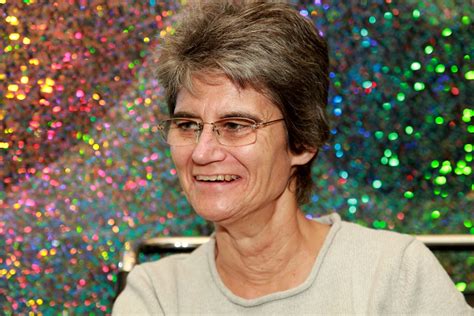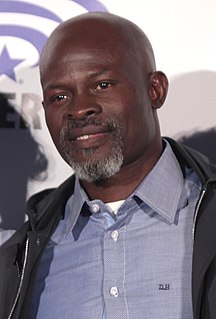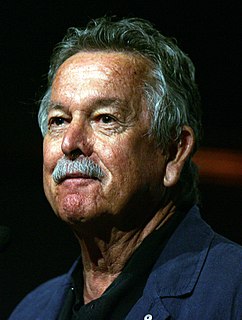A Quote by Bettina Boxall
Battles over water in the West are always about something more. At their most elemental, they are about survival.
Related Quotes
Traditional folk music is about survival of the fittest song just like evolution is about survival of the fittest organism and generally the more times a song has been passed down the generations the more brilliant and concise it becomes as every link in that chain can add something good or remove something unnecessary.
Water is one of the most basic of all needs - we cannot live for more than a few days without it. And yet, most people take water for granted. We waste water needlessly and don't realize that clean water is a very limited resource. More than 1 billion people around the world have no access to safe, clean drinking water, and over 2.5 billion do not have adequate sanitation service. Over 2 million people die each year because of unsafe water - and most of them are children!
It's very important to distinguish between what most people in the West think about knowledge, and what the Indian concept of knowledge is. In the West the knowledge is something that is tangible, is material, it is something that can be transferred easily, can be bought and sold; or as in India real knowledge is something that is a living being - is a Vidya.
The rocks have a history; gray and weatherworn, they are veterans of many battles; they have most of them marched in the ranks of vast stone brigades during the ice age; they have been torn from the hills, recruited from the mountaintops, and marshaled on the plains and in the valleys; and now the elemental war is over, there they lie waging a gentle but incessant warfare with time and slowly, oh, so slowly, yielding to its attacks!
I've been reading and researching various aspects of history - Dickens' London, Nelson's sea battles, Magellan's nautical explorations, the weapons and battles and key figures of the American Civil War - for most of my life. I pick up a book here or there or see a documentary or talk with an expert in the subject, and my curiosity about the one area of study and discovery always leads to another.






































